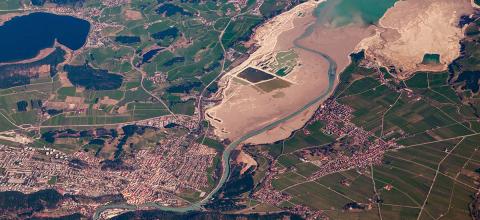Contribute to the knowledge base
Add and vote for resources you find useful
Discussion on Ask.CI
Ask and answer questions in this valuable community forum
The CSSN Affinity group
A centralized place for news and discussion about the CSSN
MATCH engagements
Request support and get help from the SCIPE and CIP community
CSSN Member Directory
Find people with the skills you need

Community Badges
Recognizing members whose contributions help the community grow and thrive
Example Engagements

Investigation of robustness of state of the art methods for anxiety detection in real-world conditions
University of Illinois at Urbana-Champaign
Status: Complete


Adapting a GEOspatial Agent-based model for Covid Transmission (GeoACT) for general use
University of California San Diego
Status: Complete